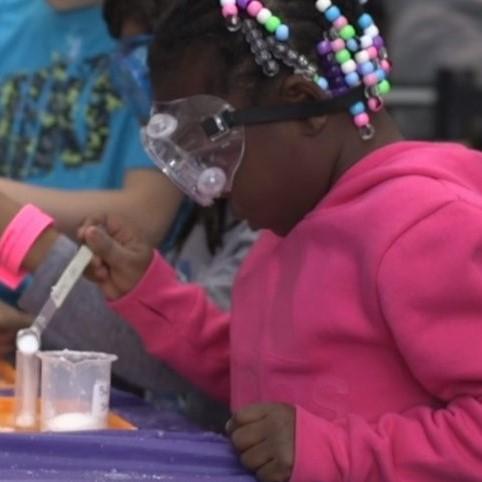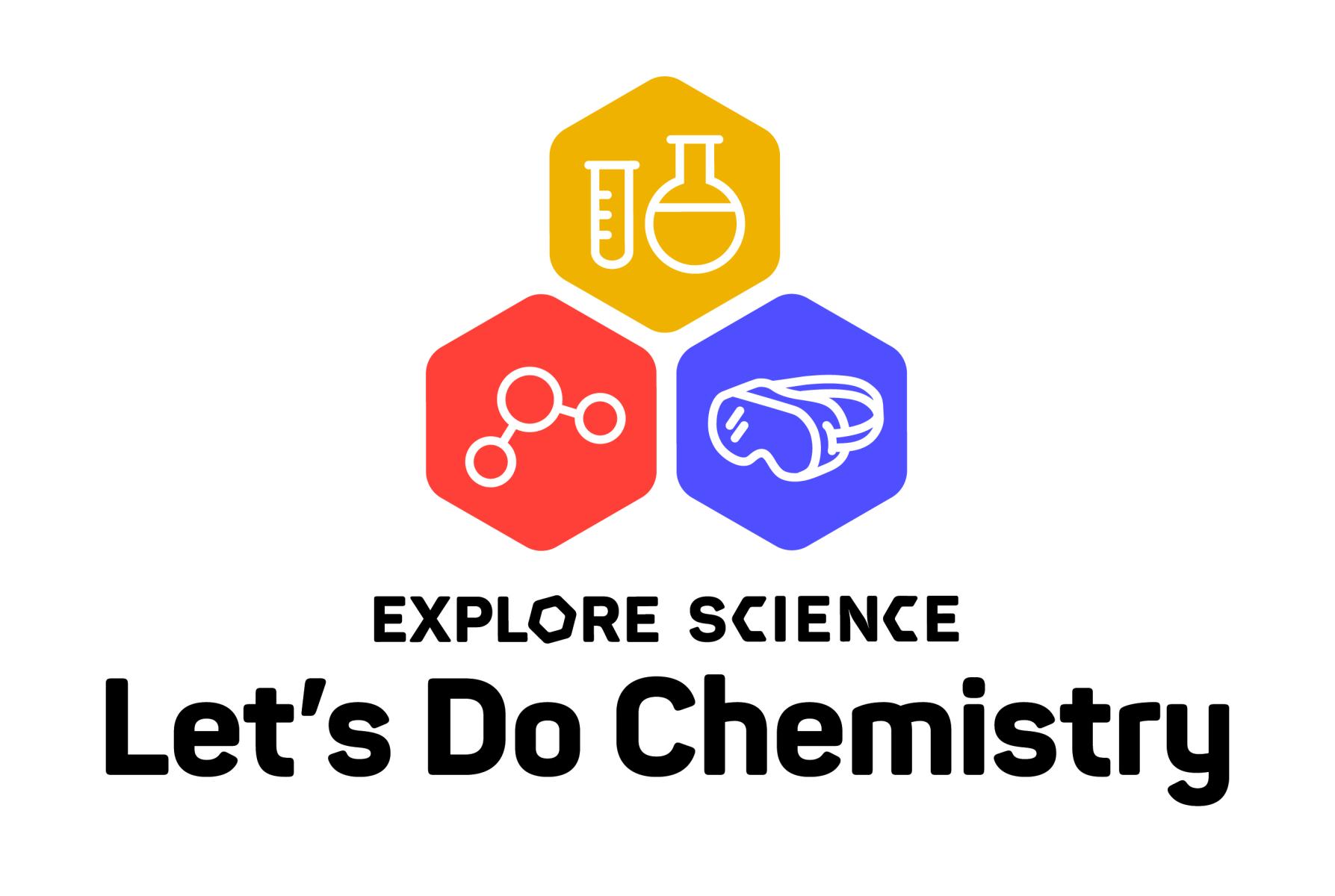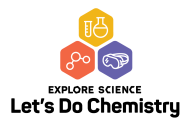DESCRIPTION
Responding to a call in the National Academies of Sciences, Engineering, and Medicine 2016 report on Effective Chemistry Communication in Informal Environments, the Museum of Science, Science Museum of Minnesota, and National Informal STEM Education Network, partnered with the American Chemical Society to develop a framework and set of hands-on activities aimed at encouraging positive attitudes toward learning about chemistry. Educational researchers and informal educators worked together using a design-based research process to advance a theoretical framework and optimize a kit of hands-on activities, which were distributed to 250 organizations nationwide in 2018, to stimulate interest, sense of relevance, and feelings of self-efficacy with respect to chemistry among visitors during National Chemistry Week events.
This video tells the project's story and shows the kit materials in use by visitors and their perceptions of chemistry as fun, interesting, real, and something that they can do. All the resources developed are freely available online (nisenet.org/chemistry-kit), including event planning and promotional materials; safety, professional development, and facilitator training materials and videos; as well as the hands-on activities themselves in both English and Spanish.
This video was featured in the 2020 STEM for All Video Showcase https://videohall.com/p/1708.
DESCRIPTION
Responding to a call in the National Academies of Sciences, Engineering, and Medicine 2016 report on Effective Chemistry Communication in Informal Environments, the Museum of Science, Science Museum of Minnesota, and National Informal STEM Education Network, partnered with the American Chemical Society to develop a framework and set of hands-on activities aimed at encouraging positive attitudes toward learning about chemistry. Educational researchers and informal educators worked together using a design-based research process to advance a theoretical framework and optimize a kit of hands-on activities, which were distributed to 250 organizations nationwide in 2018, to stimulate interest, sense of relevance, and feelings of self-efficacy with respect to chemistry among visitors during National Chemistry Week events.
This video tells the project's story and shows the kit materials in use by visitors and their perceptions of chemistry as fun, interesting, real, and something that they can do. All the resources developed are freely available online (nisenet.org/chemistry-kit), including event planning and promotional materials; safety, professional development, and facilitator training materials and videos; as well as the hands-on activities themselves in both English and Spanish.
This video was featured in the 2020 STEM for All Video Showcase https://videohall.com/p/1708.
TRAINING VIDEOS
DOWNLOAD FILES
Credits
This material is based upon work supported by the National Science Foundation under Grant Number DRL 1612482. Any opinions, findings, and conclusions or recommendations expressed in this material are those of the author(s) and do not necessarily reflect the view of the National Science Foundation.
Creative Commons Attribution Non-Commercial Share Alike 3.0 United States (CC BY-NC-SA 3.0 US).
View more details

NISE Network products are developed through an iterative collaborative process that includes scientific review, peer review, and visitor evaluation in accordance with an inclusive audiences approach. Products are designed to be easily edited and adapted for different audiences under a Creative Commons Attribution Non-Commercial Share Alike license. To learn more, visit our Development Process page.



